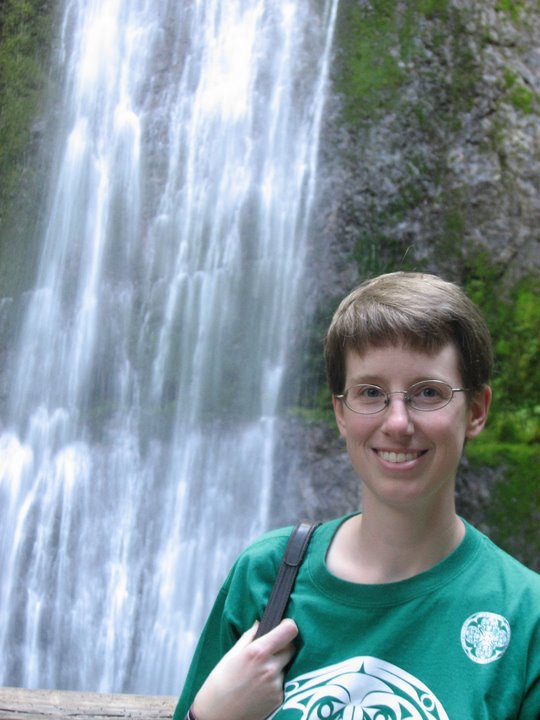Why are, or were, you in academia?
I’m largely in academia because I love teaching adults and because I want to help be part of the engine of socio-economic change. I’ve spent significant time teaching at the two year college level, and most of us who teach at that level are strongly driven by our institutional missions. I want to make a positive difference in people’s lives, and love seeing who my students become.
What’s your favorite thing to teach, and what kinds of things happen in your classroom?
My favorite thing to teach is the introduction to proofs. It’s the course where students move from showing their work to explaining why things are true, and it’s the course that caused me to switch from an English major to a math major. This sort of course requires a real conceptual leap, and it’s fun to watch as students make said leap.
Students read and answer some questions before arriving in class, I’ll answer questions they’ve asked me via messaging before class, and then we do a lot of small group work. It often involves solving logic puzzles or developing your own proofs, presenting them to your classmates, and having your classmates look for holes. Class is usually quite noisy, as students within groups argue with each other excitedly in preparation and then watch others’ presentations intently, looking for mistakes. I use student-centered learning, and though I do end up talking, it’s usually in reaction to questions students have or claims they’re making.
What’s a common myth about your field?
Since most people get their introduction to math in courses that involve a lot of manipulation and rule-following, there’s a common perception that mathematicians don’t write much and that we’re not involved in creative endeavors. Both of these assumptions are false.
